The Most Interesting Man in the World
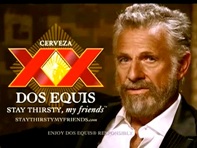

This fellow was a very religious and spiritual person. He was very casual in his style of life and in his clothing. He always greeted guests with a firm handshake. He was a wine connoisseur. He was a talented violinist, and he loved to sing. He was a great reader. One of his hobbies was architecture. He loved food, particularly French cuisine. One of his primary interests was agriculture having a rather large farm. He was obsessed with his study of fossils. He was a great stargazer with an active interest in astronomy. He was quite proud of his prolific writing. And, oh yeah, he was also a lawyer and politician.
Wow, what a guy!---pious in his religious beliefs, casual in his lifestyle, a vintner, a violinist and singer, a great reader, an amateur architect, a gastronome, an agriculturalist, a paleontologist, an astronomer, a great writer, and, by the way, an attorney and politician.
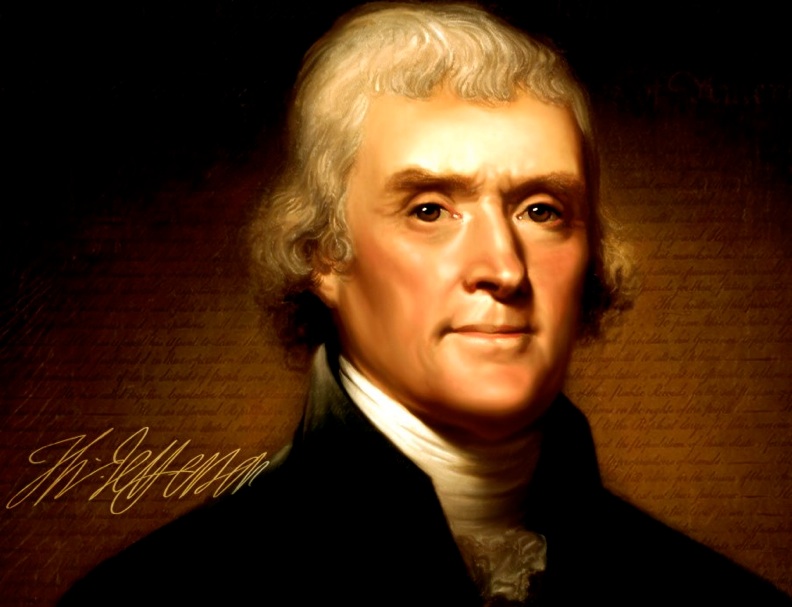
His political life was long and varied: along the way he was a member of the Virginia House of Burgesses (1769-1774), member of the Continental Congress (1775-1776), Governor of Virginia (1779-1781), member of the Continental Congress (1783-85), Minister to France (1785-1789), Secretary of State under Washington (1790-1793), Vice-President under Adams (1797-1801), and President of the United States (1801-1809)--not a bad political resume.
Jefferson was, indeed, a religious person. He believed in God and the moral teachings of Jesus Christ; however, he didn’t believe in the divinity of Christ, and he took a dim view of formal religious organizations. When he attended church, it was the Episcopal services he and his daughters attended. He was at heart a deist believing that God set the universe in motion but does not interfere with how it runs. He wrote that men “shall be free to profess, and by arguments to maintain, their opinions in matters of religion.”
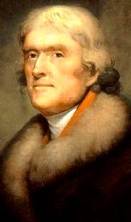
Jefferson was casual in his lifestyle to the point of sometimes being criticized for his clothing which some felt did not fit a man of his stature. His favorite coat was a worn brown one accompanied by corduroy breeches, and a pair of heelless carpet slippers. He once insulted the British ambassador by receiving him in casual clothing. Jefferson is the President who broke with the tradition of greeting visitors with a bow and replaced it with a handshake.
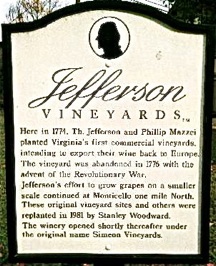
Jefferson loved wine. He had a rather large wine cellar mainly stocked with imported bottles and wine from his own vineyard. He, in fact, was partners with Phillip Mazzei who had a vineyard. He developed his taste for French wine while acting as Minister to France; he brought home nearly 700 bottles. He returned to America with a copious supply of French wines. During his two terms as President, he ran up a personal wine bill of $10,835.90, $146,524.40 in today’s currency. Jefferson’s problems with debt can largely be attributed to his wine collection and drinking. He is quoted as having said, “...in nothing have the habits of the palate more decisive influence than in our relish of wine.”
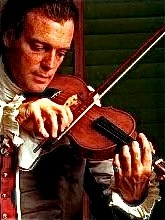
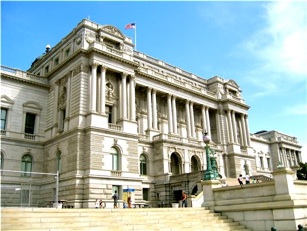
He was a great reader. He had over 6,500 volumes in his personal library, the largest library in America. As he said, “I cannot live without books.” He sold his volumes to the Library of Congress after the British burned the fledgeling library which contained a mere 3000 volumes. Jefferson, grieving the loss of the national library, which he was instrumental in establishing, sacrificed his personal library by selling it to the Library of Congress, immediately doubling its size to over 6000 volumes. He, of course, continued to collect books for his personal benefit.
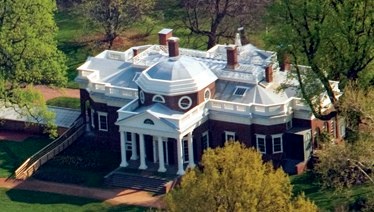
Although not formally trained in architecture or in draughtsmanship, he designed his own home, Monticello, his retreat, Poplar Forest, and the University of Virginia as well as numerous homes for friends and allies. He popularized the Neo-classical or Palladian style. Many of his structures incorporated the octagon. To his credit, most of the Jefferson designed structures still stand. As President, he appointed Benjamin Latrobe as surveyor of public buildings thus introducing Greek Revival architecture to the country for the first time.
He loved food, particularly French cuisine which he learned to appreciate while Minister to France. He rewarded James Hemings his freedom for learning to cook for him in the French manner while Jefferson was in France as Minister. He suggested that chefs should use high-quality olive oil, don’t overcook vegetables, practice moderation with carbohydrates and red meat, drink wine in moderation, and eat fresh organic vegetables. As President he popularized both ice cream and macaroni-and-cheese. The first American ice cream recipe is in Jefferson’s handwriting.
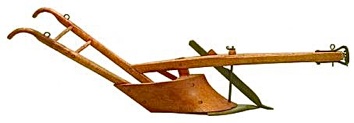
One of his primary interests was agriculture having a rather large farm. He envisioned a nation of small farms: “I think our governments will remain virtuous for many centuries; as long as they are chiefly agricultural.” And of farmers in general, he believed, “Cultivators of the earth are the most virtuous and independent citizens.” He always employed crop rotation and even designed his own moldboard plow for greater efficiency.
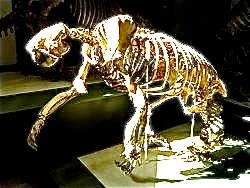
Jefferson had a great interest in paleontology, the scientific study of prehistoric life including fossilized bones. He refuted European Buffon’s contention that the “New World” was less energetic and degenerative by sending mastodon bones to Europe. He collected and catalogued fossils sending most of them to Philadelphia or Europe for viewing; he kept a few at Monticello. As president of the American Philosophical Society, he helped to raise funds to send an expedition to search for mammoth bones. The Society named the first giant sloth found in North America “Megalonyx Jefersoni.” Jefferson’s primary contributions to paleontology were his refutation of Buffon’s degeneracy theory, his invention of stratigraphical observation, and his work with the Megalonyx. His interest in paleontology while President brought him ridicule from his opponents who nicknamed him “Mr. Mammoth.”
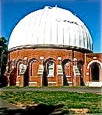
When Jefferson founded the University of Virginia, his plans included instruction in astronomy. The early efforts were somewhat diminished by circumstances, but Jefferson designed the first observatory in the United States. His interest was founded on mathematical calculations which as he noted, “No two men can differ on the principle of trigonometry. He was an amateur astronomer himself possessing his own telescope which he designed.
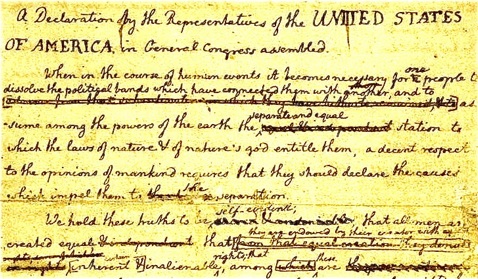
Jefferson was a prolific writer: the Thomas Jefferson Papers at the Library of Congress include about 27,000 documents. Among these documents are extensive correspondence with historical figures. It is estimated that he may have written and received as many as 50,000 letters in his lifetime. Of course his greatest writing was as the primary author of the Declaration of Independence. Jefferson even wrote his own epitaph which appears on his tombstone which he designed himself:
Here was buried
Thomas Jefferson
Author of the Declaration of American Independence
of the Statute of Virginia for religious freedom
Father of the University of Virginia
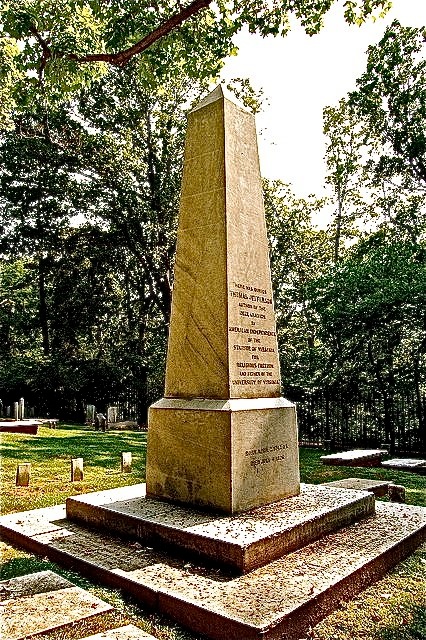
enough





